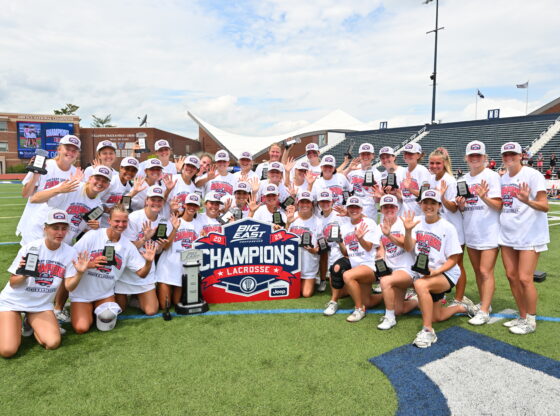Approximately 75 University of Denver students participated in the world conference of the International Chamber of Commerce last week in Denver.
Many students were able to sit in on various sessions and help set up needed equipment for the numerous events.
The sessions followed the theme “Trade Technology Partnership: The Business of Building a Better World.”
Donna Wilson, special assistant to the Provost, explained her enthusiasm about how students interacted with international business and public leaders.
“What’s more,” Wilson added, “is that throughout the conference people were continuously commenting on the DU students and their quality efforts and insight into the various subjects.”
The 34th World Congress offered students to hear presentations on globalization and social responsibility. The fact that leaders were talking about these issues made the academic perspective more tangible, Wilson said.
Christine Cully, an international student majoring in international studies and economics, worked at the conference and noted that, “the atmosphere was so relaxed and everyone was willing to talk. Being able to converse with these people was a confidence booster.”
Esther Dyson, author of Release 2.1: A design for living in the Digital Age, spoke about technologies of the future and their impact. She described the effect of the Internet and how new business models are the main components to bridging the “gap” or “divide” in information technology.
She said, “High-tech productivity has turned our world upside down and we have more than what we need or effectively can get rid of. ”
She added, “The new business model needs to invest in customers, who will then emerge into new markets. The key, however, is to invest in real human capital.”
Bjorn Lomborg from Denmark, the author of The Skeptical Environmentalist who was recently selected “Global Leader for Tomorrow” by the World Economic Forum, was one of the panelist for the session “Sustainable solutions for business and the environment.”
He echoed Dyson’s point about maintaining new business models as a means of managing the world’s natural resources.
He highlighted, however, the fact that timely solutions remain to be accomplished in the aftermath of such large conferences.
Although the world conference covered an array of subtopics concerning information technology, little room was left for the implementation of strategies to provide immediate results.
“Change will transpire when these people return home, in boardroom meetings and business contracts. The way one acts in international business is constantly changing, as are their responsibilities,” said Martin Wolf, associate editor and chief commentator for the Financial Times, a London-based newspaper. It was the first time that the International Chamber of Commerce met in Denver. The next congress will be held in Quebec, Canada.










